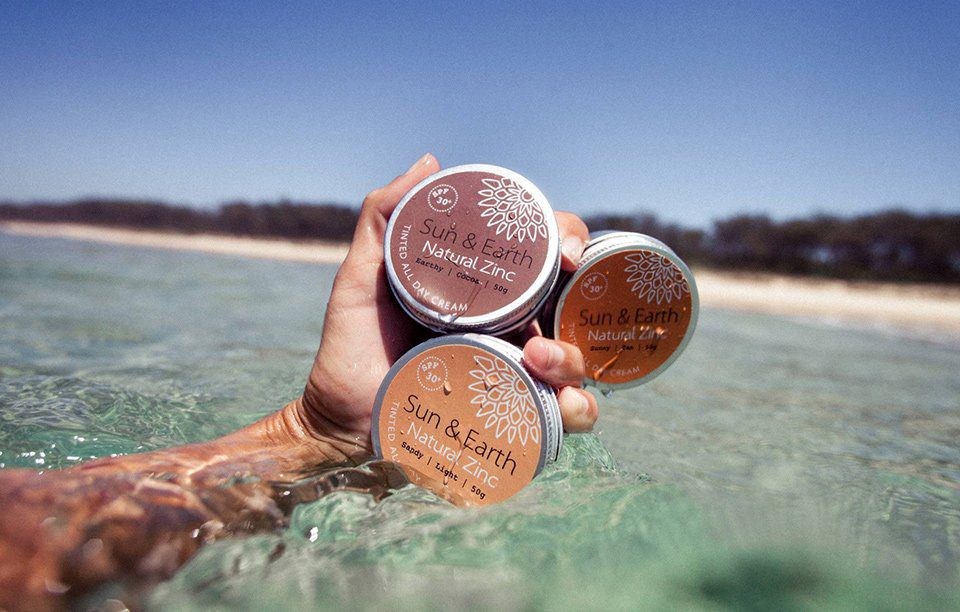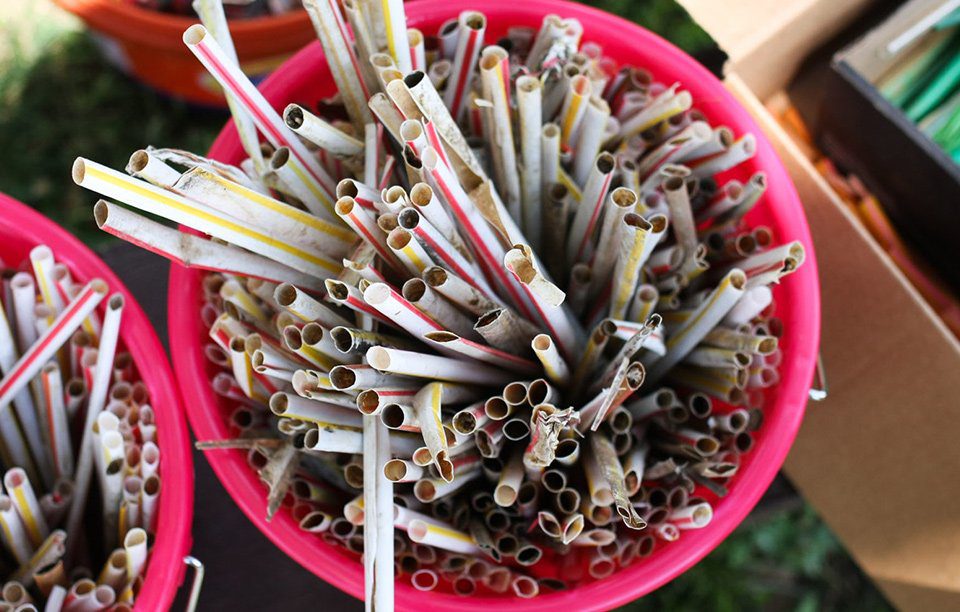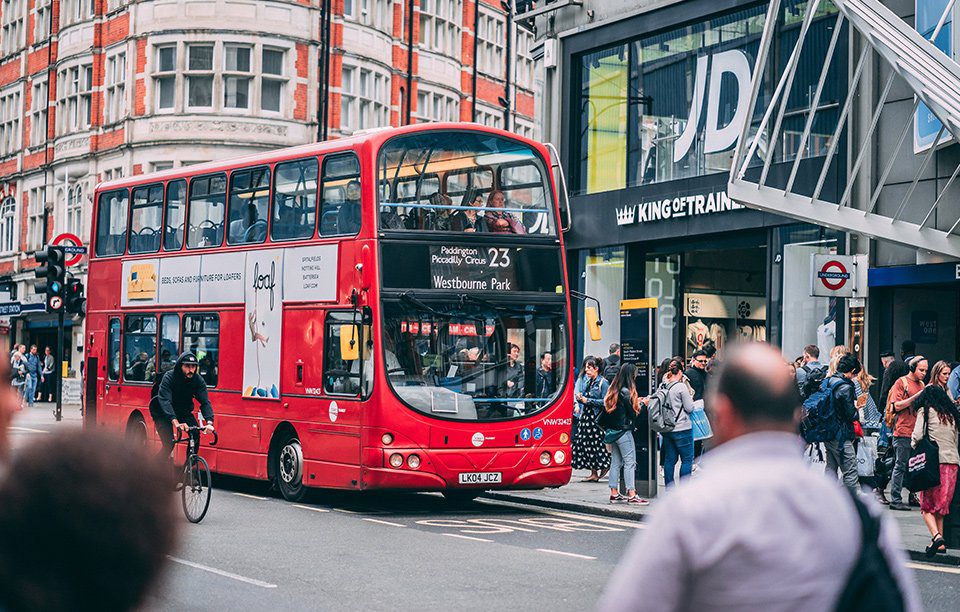Travel expands our minds, increases cultural awareness, and fundamentally changes how we exist in the world. But how can we give back on our travels to leave a smaller footprint?
The good news is that you can start making small changes today to travel kinder and make a big difference in leaving the world a little better on your journey.
Every year, more than 10 million Australians leave our shores to travel abroad & experience the wonders of the world.
When they return, they usually return a little wiser, a little happier and a little more enriched than when they left.
But with all of the gifts we receive when we travel, sometimes we forget to ask ourselves “what it is that we leave behind when we travel to these foreign places?”

What’s the issue here?
Is what we leave behind helpful, valuable or positive? Or is it destructive, culturally disturbing, and negative?
“Travel isn’t always pretty. It isn’t always comfortable. Sometimes it hurts, it even breaks your heart. But that’s okay. The journey changes you; it should change you. It leaves marks on your memory, on your consciousness, on your heart, and on your body. You take something with you. Hopefully, you leave something good behind.”
Anthony Bourdain
The truth is that even the most environmentally friendly travellers often find it hard to ensure their well-intentioned habits filter into their travel regime. Because with so much emphasis on travelling light & carefree, we often forego our capacity to travel smarter.
Travelling responsibly is not as hard as you may think. It doesn’t require a lot of money, and it certainly doesn’t require you to make a lot of severe changes.
Being an eco-traveller is quite the opposite; it merely requires you to be mindful. And for the most part, apply some simple common sense.

So what can you do to travel more responsibly?
Here are six top tips to travel more responsibly and help the planet and your fellow humans and animals in the process.
1. DITCH THE BUCKET-LIST MENTALITY
Instead of doing what’s always been done, why don’t you try on being a trailblazer? You know, take the path less travelled?
There’s nothing adventurous about visiting places built on mass tourism and exploitation, wouldn’t you agree? So why not take the road that leads to alternative places that are paving the way for sustainable travel experiences like Jordan, Finland, and Peru?
The easiest way to travel sustainably and combatting tourism is to ditch the places everyone else flocks to.
Find a destination that’s officially certified and tackling sustainability issues by visiting the GSTC (Global Sustainable Tourism Council) website here.

2. SLEEP CLEANER & DON’T BE DIRTY
Luckily for travellers today, we’re in a time when environmentally friendly and sustainable accommodation is at an all-time high.
It’s never been easier to learn about and locate a place to stay that helps you to minimise your ‘footprint’ just by being there! Generally, these types of stays offer renewable energy sources, single-use plastic free environments, and effective waste management systems.

We’re going to argue that there’s not a single country you could visit on earth that wouldn’t have a sustainable accommodation option, purely because they’re popping up anywhere and everywhere.
Casa Republica in Peru is a seriously cool, environmentally friendly boutique hotel that caters to travellers who “want to stay in non-chain properties with modern facilities & enjoy a sense of belonging.”
If you’re currently overseas no matter where you’re staying, be it bed and breakfast, a homestay, hostel, or 5-star hotel, you can help the environment by asking the staff there to refrain from giving you new towels and changing your sheets every 3 to 4 days opposed to every day.
If you are struggling to find alternative accommodation that’s genuinely eco-friendly, that’s where the team over at The Global Work & Travel Co can help with their growing network of eco-friendly certified hotels.

3. DITCH SINGLE USE PLASTICS
We know we don’t need to write yet another post about the plastic waste pandemic that’s destroying our oceans, our animals and our general health.
You already know, there’s a war on plastic, and everyone is putting their two cents in. But it’s not how much you know about the issue that counts. It’s what you do with that knowledge.
So we dare you, with all of the knowledge you already have about the plastic problem, to think twice about single-use plastics.
Especially when you’re travelling in developing countries where efficient waste management facilities haven’t been developed. Countries where recycling isn’t just a yellow bin you put out the front of your property every Tuesday night.
No, these are the places where recycling isn’t even a known concept, and waste is disposed of in the only way they know how, in an unsafe and unclean manner.
So take carry bags, fill up reusable drink bottles before leaving your hotel, eat in instead of ordering to go. Snack less at 7/11’s (also good for your health by doing this so, win/win?).
Don’t use the plastic wrapped headphones on your flight, these are all simple ways to reduce your impact and quick wins for the planet.

4. NOT ALL SUNSCREENS ARE CREATED EQUAL
Mainstream sunscreen chemicals aren’t known for their amazing environmentally friendly qualities.
In fact, on the contrary, sunscreen has nasty chemicals that leech into our oceans and damage our corals. Yet, what is one of the most common reasons for wearing sunscreen? Going to the beach.
Take the Great Barrier Reef as an example, the most famous reef in the world welcomes millions of visitors to the area every year.
Swimmers, snorkellers & scuba-divers lather themselves up with sunscreen to protect themselves from our harsh Aussie sun, unaware of the implications that very sunscreen will have once they enter the water.
Like most things on earth, the marine ecosystem is fragile and is home to some thousand-plus species of marine life.
When you wear sunscreen that’s not eco-friendly, chemicals like oxybenzone are emitted into the water and are absorbed by coral, effectively killing it, because yes, coral is a living thing.
So how can you ensure you don’t contribute to the continued destruction of corals? Go all natural and biodegradable in your sunscreen choice.
Sun and Earth Sunscreen comes handcrafted in a tin and made in Byron Bay, from natural ingredients. As it’s made from natural zinc, it’s thick so ideal for swimming or surfing.

5. SAY NO TO THAT PLASTIC STRAW
There’s a lot of straws in the world. Like, a lot.
Every day Australia goes through 10 million single-use plastic straws. Head over to America and that figure goes up exponentially to 500 million.
Now think for a moment about where that massive number of tiny straws might end up? Yeah, that single straw doesn’t seem so small now, we know. So why not say no to straws for good? And bags for that matter?
If you get caught in Kenya with a plastic bag over there now you can say hello to four years in Prison. That’s how serious they are on taking a stand on our plastic pollution hangover.
Reusable straws are small and easy to stow away in a bunch of places so you can never be caught out, even whilst travelling.
There’s a bunch of nifty online stores that sell good quality metal straws without breaking the bank or looking like an eyesore.

6. DO YOU REALLY NEED TO TRAVEL AROUND BY CAR?
It doesn’t have to be a pain to organise, in fact, taking public transport in a foreign country is a necessary right of passage for all travellers anyway, isn’t it?
I mean, did you really go to that country if you didn’t take a terrible 12-hour bus ride via a death-defying, mountain top highway during the middle of the night?
Well, whilst you’re there, enduring a terrifying experience you’re still hoping you’ll live to tell the tale of, at least you can feel good knowing that you’re actually doing a really good thing for the planet. Going by bus is far more environmentally friendly than going solo, hiring your own car, or getting a taxi.
In London for example, there are now 3,240 hybrid buses, 96 electric buses, and ten hydrogen buses operating, as of March 2018
We’ll be honest here, when it comes to travelling more eco-friendly it doesn’t always have to be on a death-defying bus tour. The subway, inner city bus or tram is just as good (it just doesn’t sound as cool).
Or if you’re feeling like really embracing the day, why not ditch everything and walk instead, because you always see so many more hidden treasures when you walk. Not only will you be travelling more sustainably, but you’ll also be getting fit and saving money – Triple Win!
These suggestions are so easy to implement while travelling overseas, but they’re tips to implement into your daily life right where you are now to begin reducing your impact.

How can you travel to change the world?
Congratulations! By reading this post and taking some of these insights on board, you’ve already made a difference.
Now you can easily create your impact by sharing your new-found knowledge with other friends who you think would also be interested.
Ultimately, responsible travel comes down to common sense – stay curious, keep yourself up-to-date with the challenges at hand and make yourself accountable for your actions on your travels.